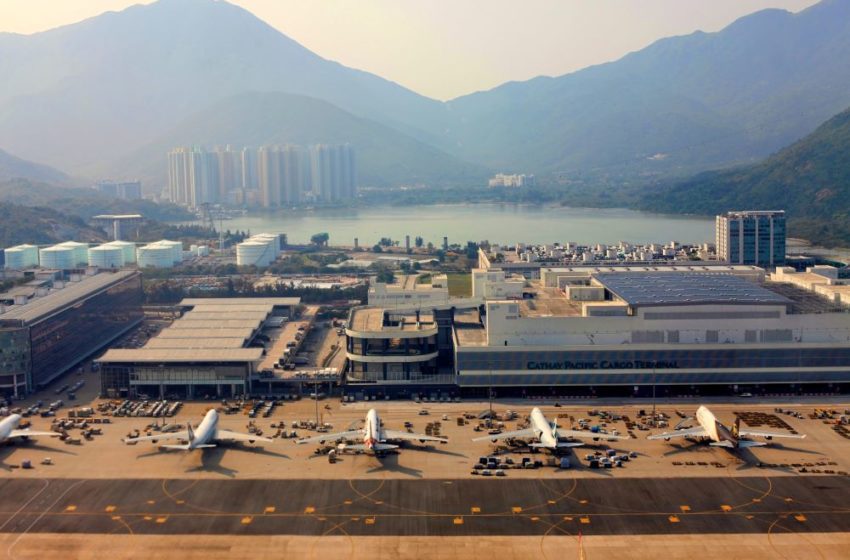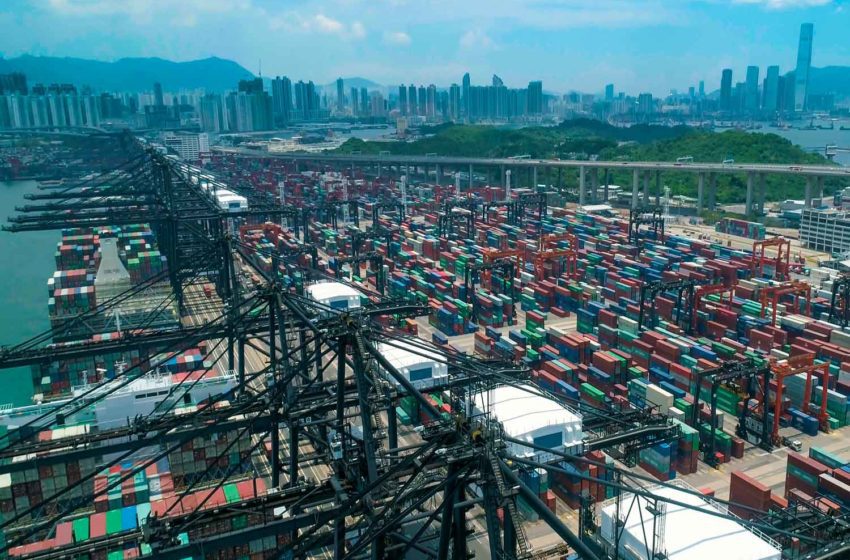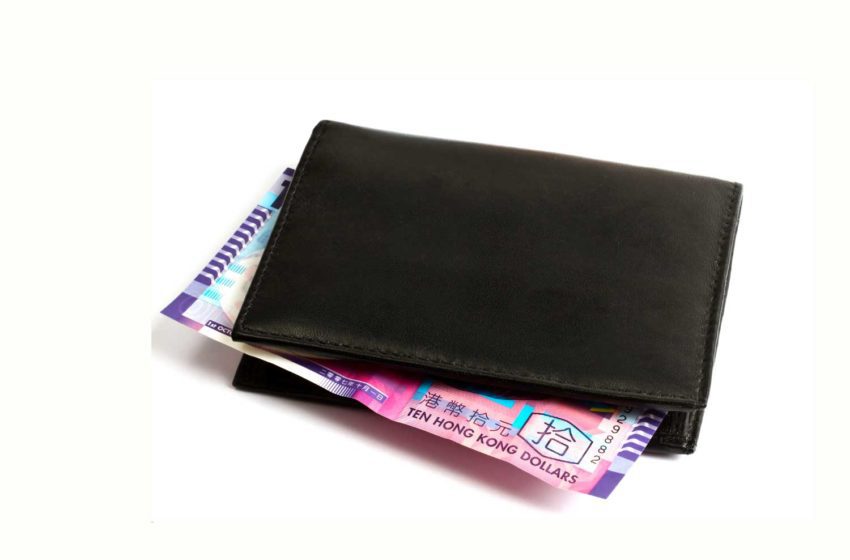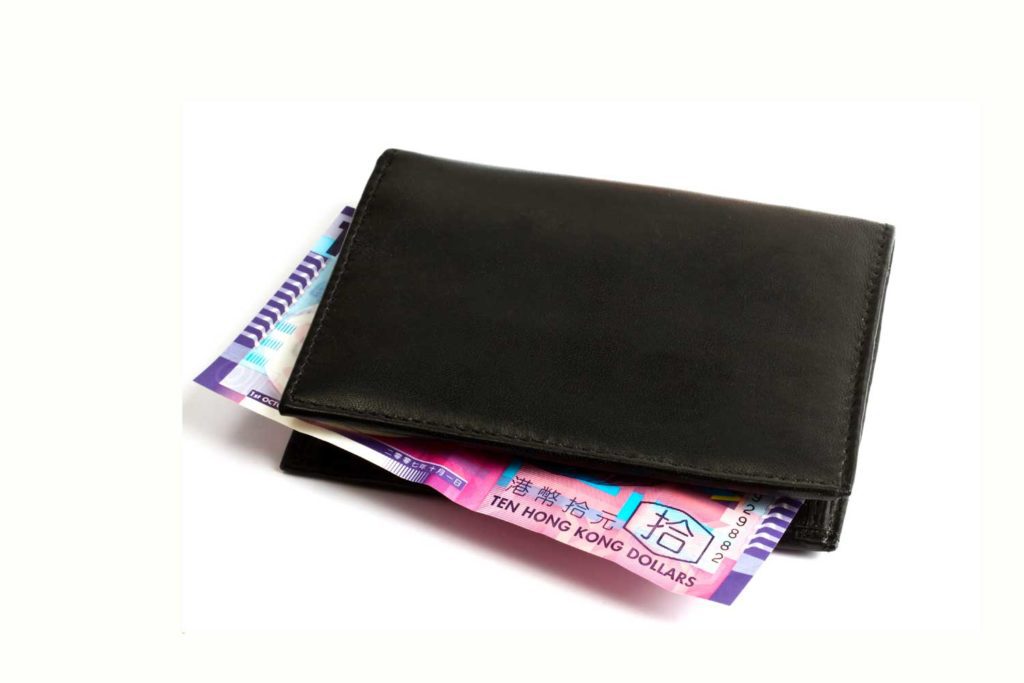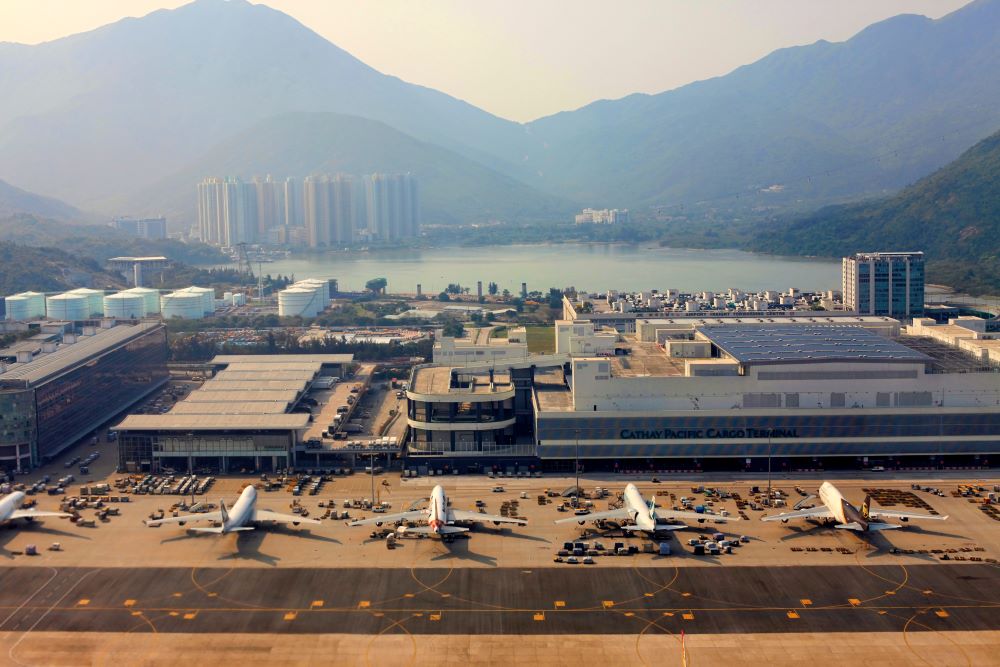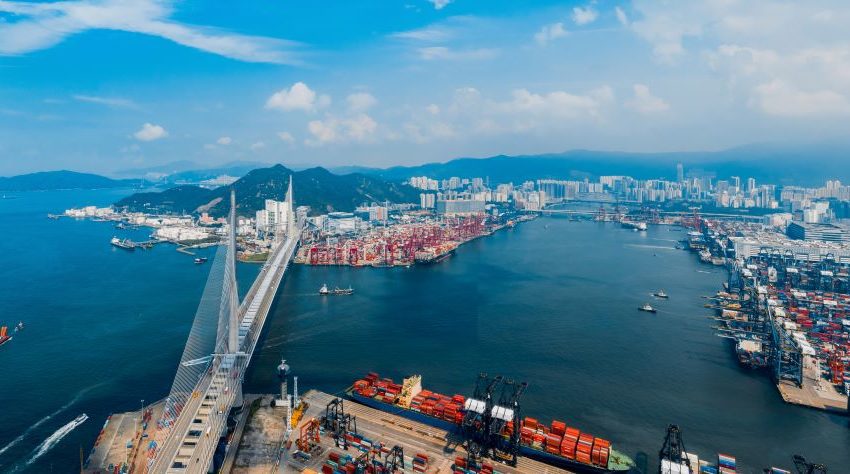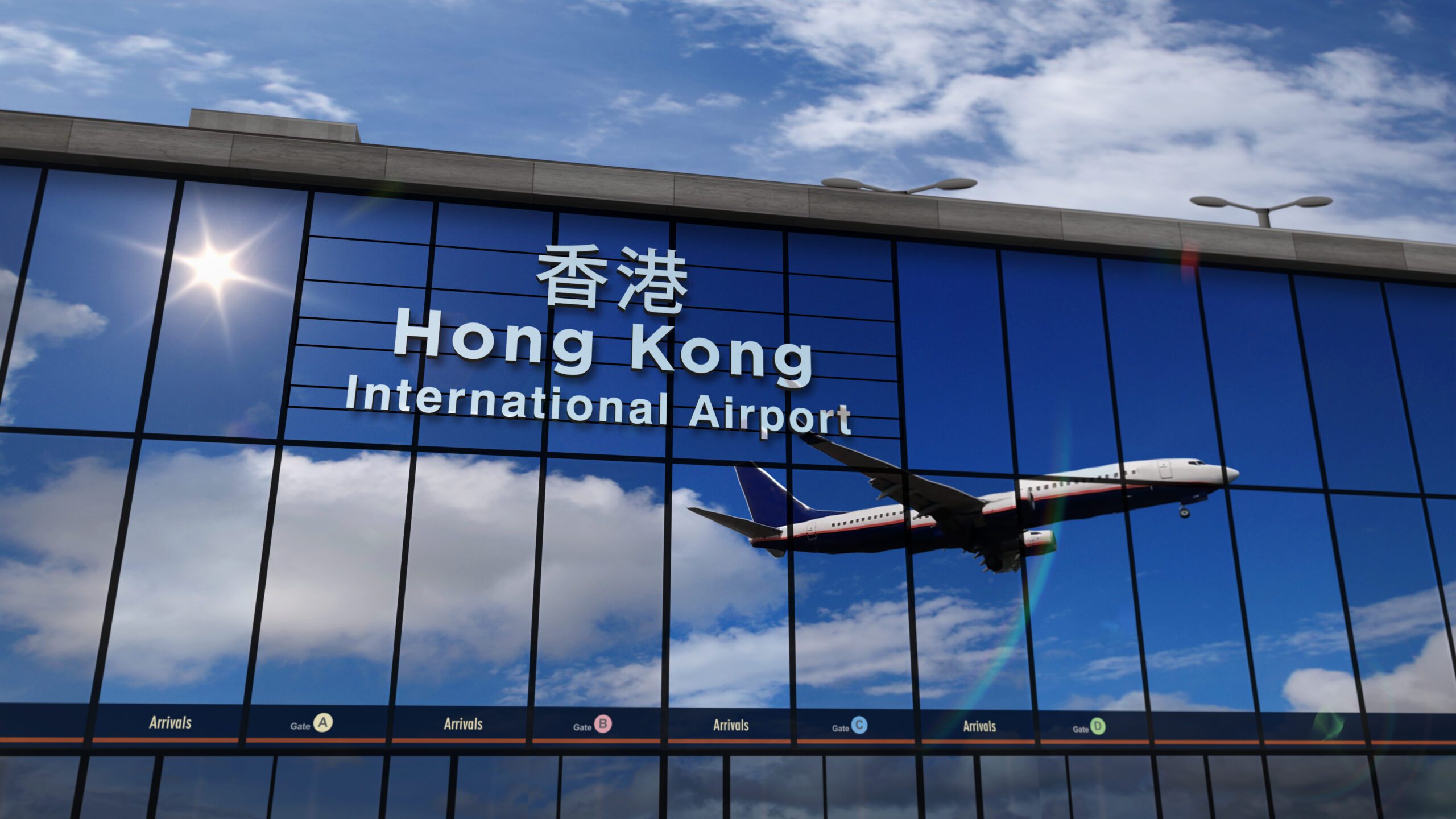
The government of Hong Kong has decided to reverse its ban on the transshipment of vapor products, reports Loadstar.
Media reports claim the banned cargo amounts to about 330,000 tons a year—the equivalent of some 10 percent of Hong Kong’s annual export volumes by air, according to the Hong Kong Association of Freight Forwarding and Logistics.
The value of the re-export cargo affected by the ban was estimated to exceed CNY120 billion ($17.33 billion).
While some transshipment by air had continued to be permitted, beginning in April of last year, vapes entering Hong Kong by land or sea for onward transport by air were banned. However, with the bulk of these products made in neighboring Dongguan, exporters were keen to ship them via land to Hong Kong International Airport.
Once the proposal is passed, the goods will be able to enter Hong Kong through a secure channel on dedicated barges and be delivered straight to the airport.
“The scheme is only to facilitate direct transshipment through Hong Kong, and the goods will not be available for domestic consumption. The proposal is in response to the demand of the Hong Kong air freight industry,” said Willy Lin, chairman of the Hong Kong Shippers Council.
“We hope we could get back some flights lost to competitor airports due to [the] stoppage of shipments of e-cigarettes and related substances through Hong Kong.”

